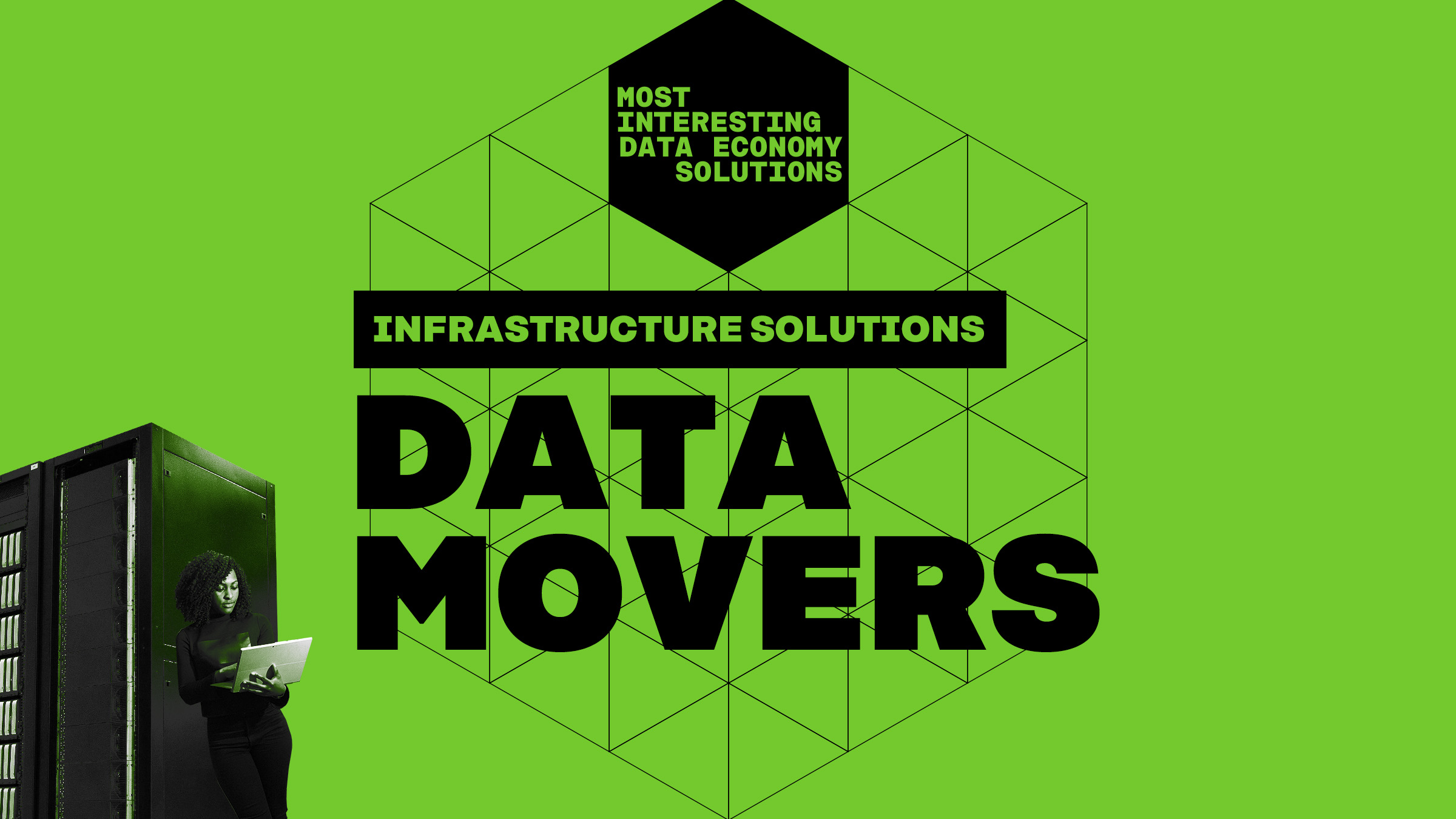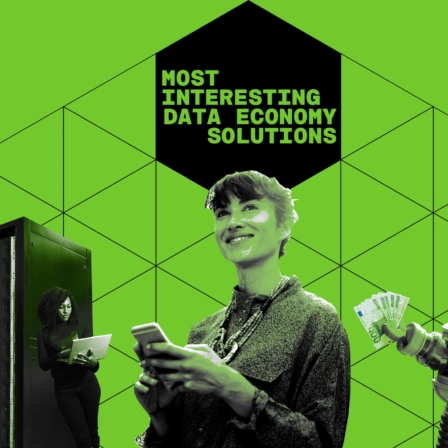Companies are not yet making much use of shared data for product development or new innovations, nor are public actors making services smoother for users. This is because it has been time-consuming and costly to combine fragmented data from different providers by linking IT systems together one by one has been time-consuming and costly.
Technology companies IOXIO and DataSpace Europe offer services that make it easier to share, exchange and transmit data according to common rules.
The green transition and a sustainable economy require the efficient transfer of data. Refining and using data can help build better digital services, rationalise operations and reduce emissions.
“EU regulation is also pushing for data to be mobilised and used by both companies and the public sector. To enable the green transition and a sustainable economy, reliable, standardised and high-quality data is needed across industries,” says Pirkka Frosti, founder and CEO of IOXIO.
IOXIO sells software services which enable different organisations to connect their information systems to each other cost-effectively and easily. This creates a data space, or information domain. Data spaces are designed for the reliable sharing of data within and across domains.
DataSpace Europe, on the other hand, delivers customers’ data through its Tritom service. Independent data intermediation services will help actors of all sizes to become part of the data economy. The services ensure that the data is moved and used in the data space as agreed and reliably, but the proxy service itself does not have access to the content of the data.
A meeting place for farmers and food chain operators
Innovations based on data sharing are already well underway in agriculture. On farms, data is produced by machinery, crop planning software and milking robots.
Information concerning an individual farm can be obtained from satellite images, financial data or map data from the Finnish National Land Survey. In the food chain, data is produced by, for example, dairies, mills, slaughterhouses, grain elevators, retail chains and restaurants.
DataSpace Europe’s Tritom service transfers data between farmers, the food chain, the food industry and retail operators, as well as between different apps. It connects dispersed data sources more efficiently. The company’s business architect, Juhani Luoma-Kyyny, describes Tritom as a meeting place for companies in agriculture and the food chain.
Companies can use a broad knowledge base to create new services and find customers. Farmers, on the other hand, can influence what their own data is used for, and use services to make their business more productive than before.
“It’s up to our customers what they ultimately do with the data, and they agree on it among themselves. They can trust that we do not see the content of the data, but that we transmit it encrypted and reliably,” says Luoma-Kyyny.
Combining data benefits innovation
Combining data creates what is known as collaborative data. Luoma-Kyyny gives an example: by combining a farmer’s knowledge of the condition of his field with another operator’s knowledge of soil moisture, a service can be created for farmers that helps them fertilise fields correctly.
“We still have a lot of work to do to get companies to understand the value of innovation in combining data,” says Luoma-Kyyny.
For now, DataSpace Europe is focusing on finding more customers in agriculture. Eventually, it plans to offer data intermediary services to other sectors.
The company intends to apply for the status of provider of data intermediation services under the EU’s new Data Governance Regulation once the relevant national legislation comes into force in 2024. Appointing and monitoring impartial intermediaries will ensure that data flows reliably and according to common rules.
“We want even small operators to participate in using data. We are enabling the data economy for everyone by building the business environment and ecosystem of the data economy according to common rules,” Luoma-Kyyny says.
A technology partner for data-sharing networks
IOXIO focuses on mobilising and sharing data in industrial companies and the public sector. The company has been a technical partner in more than 200 digitalisation projects.
Its services are used, for example, in the national experimental environment of the Ministry for Foreign Affairs’ Virtual Finland project and in several use cases for industrial data exchange, such as industrial export financing and trials of digital product passports. Digital product passports are a way of collecting data on the durability, raw materials and safety of products throughout their production and distribution chain.
According to Pirkka Frosti, IOXIO’s technology and expertise will be used in the future to support in particular the green transition of various sectors. There is also a desire to make information on product manufacture, transport and responsibility available to an increasing number of consumers and companies.
“We want to help European manufacturers get product sustainability data moving through the value and logistics chain, from production to use and recycling. For example, a steel manufacturer can provide the car factory with the necessary emissions data that consumers and investors demand,” says Frosti.
With IOXIO’s tools, organizations’ systems are connected to each other, information is made in the right format and compatible, and access to it and its use are agreed correctly.
The service has been used to pilot the sharing of data on business start-ups between the Nordic Business Register and tax authorities, as well as the sharing of battery data in the data ecosystem of industrial companies.
“The biggest benefit of our service is that data can be made to move, because at present it remains static within the companies and does not transfer between organisations in the value chains and processes. We are doing the data economy in practice, as data is made available for common use,” says Frosti.


